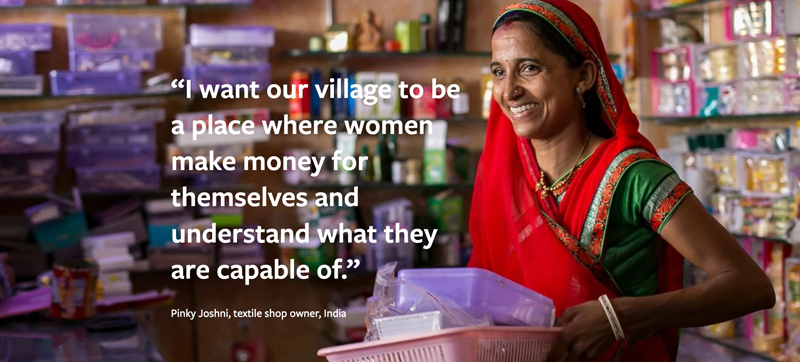Fashion industry - It’s time to move on from guilt

We’ve all had that moment. We read the latest headline lambasting a high street fashion brand for underpaying its workers or sourcing clothes from factories with unacceptable working conditions. And we feel guilty.
Even if we haven’t bought from that brand in years, we’ve all played a part in the system.
But whilst we should all do our best to make conscious buying choices where possible, it’s not consumers who need to lead the change - it’s the system. And if we feel guilty and implicated in the system ourselves, then we’re far less likely to call out the real culprits.
The culprits in this story are the fashion brands whose buying practices contribute to excessive waste and poor working conditions - and the government which fails to regulate the sector.
Power imbalance
In the fashion industry, the retailers and brands hold almost all of the power. The supplier factories need their business. 85% of Bangladesh’s GDP relies on the ready-made-garment industry. So, when retailers want last minute changes, demand discounts, or even delay payment for months at a time – the suppliers suck it up. They’re too afraid to speak out.
This power imbalance was illustrated vividly by 2020, when Covid-19 hit. Research from Transform Trade and University of Aberdeen shows that major fashion brands forced prices so low that they were paying less than the cost of production and many Bangladeshi factories struggled to pay minimum wage (itself not enough to live on).
This was not a one-off problem caused by the global pandemic, as far back as 2004 organisations have been calling out brands for their harmful purchasing practices.
It's only when fashion giants start treating their suppliers fairly, and paying them promptly, that the suppliers will be able to plan ahead and improve the terms and conditions of their workers. After decades of brands refusing to change their behaviour voluntarily, it’s time the Government stepped up to regulate the industry.
Regulation works
The food industry used to be plagued with the same poor purchasing practices as fashion. Then, in 2013, a watchdog was set up for supermarkets. Every year since its creation, suppliers have reported less and less poor treatment. Alongside this, brands including Tesco, Co-op and Morrisons have been held accountable for mistreatment of the people who supply their products. It’s time fashion was regulated in the same way.
Step forward the fashion watchdog. Ask your MP to back it, tell your friends - and stop feeling guilty.





